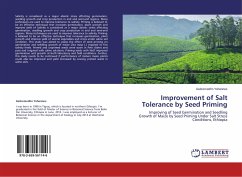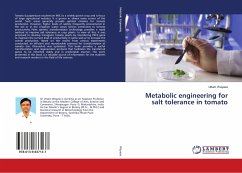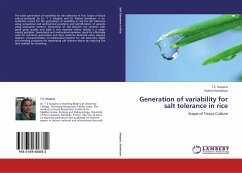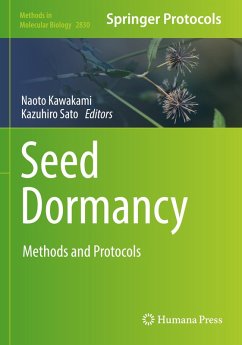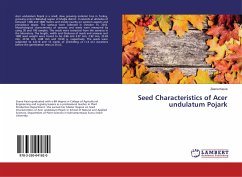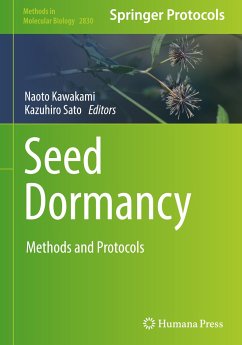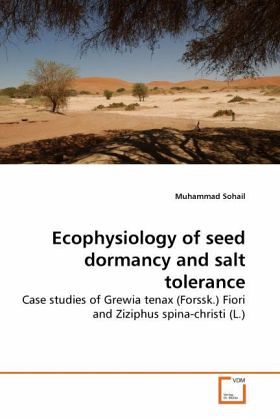
Ecophysiology of seed dormancy and salt tolerance
Case studies of Grewia tenax (Forssk.) Fiori and Ziziphus spina-christi (L.)
Versandkostenfrei!
Versandfertig in 6-10 Tagen
32,99 €
inkl. MwSt.

PAYBACK Punkte
16 °P sammeln!
Grewia tenax and Ziziphus spina-christi are two important fruit tree species; that grow wild in arid tropical regions of Pakistan and posses vital position among rural community for their multipurpose use. Ecologically, these species are well adapted to local conditions but continuous increase in aridity associated with soil salinity is a potential threat to these valuable assets of rural population. The experimental results presented in this book indicated that seeds of Ziziphus spina-christi posses physical dormancy (impermeable seed coat), which can be easily overcome through mechanical or ...
Grewia tenax and Ziziphus spina-christi are two important fruit tree species; that grow wild in arid tropical regions of Pakistan and posses vital position among rural community for their multipurpose use. Ecologically, these species are well adapted to local conditions but continuous increase in aridity associated with soil salinity is a potential threat to these valuable assets of rural population. The experimental results presented in this book indicated that seeds of Ziziphus spina-christi posses physical dormancy (impermeable seed coat), which can be easily overcome through mechanical or acid scarification of seeds before sowing. Z. spina-christi at seedlings stage allows classifying it as moderately salt tolerant species. Grewia tenax proved a salt tolerant fruit tree species whose seeds possess physiological seed dormancy which can be overcome through heat stratification. G. tenax is a valuable fruit tree species for the re-vegetation of salt effected marginal arid lands, whereas, Z. spina-christi is appropriate for vegetation of drylands with moderate salinity.





